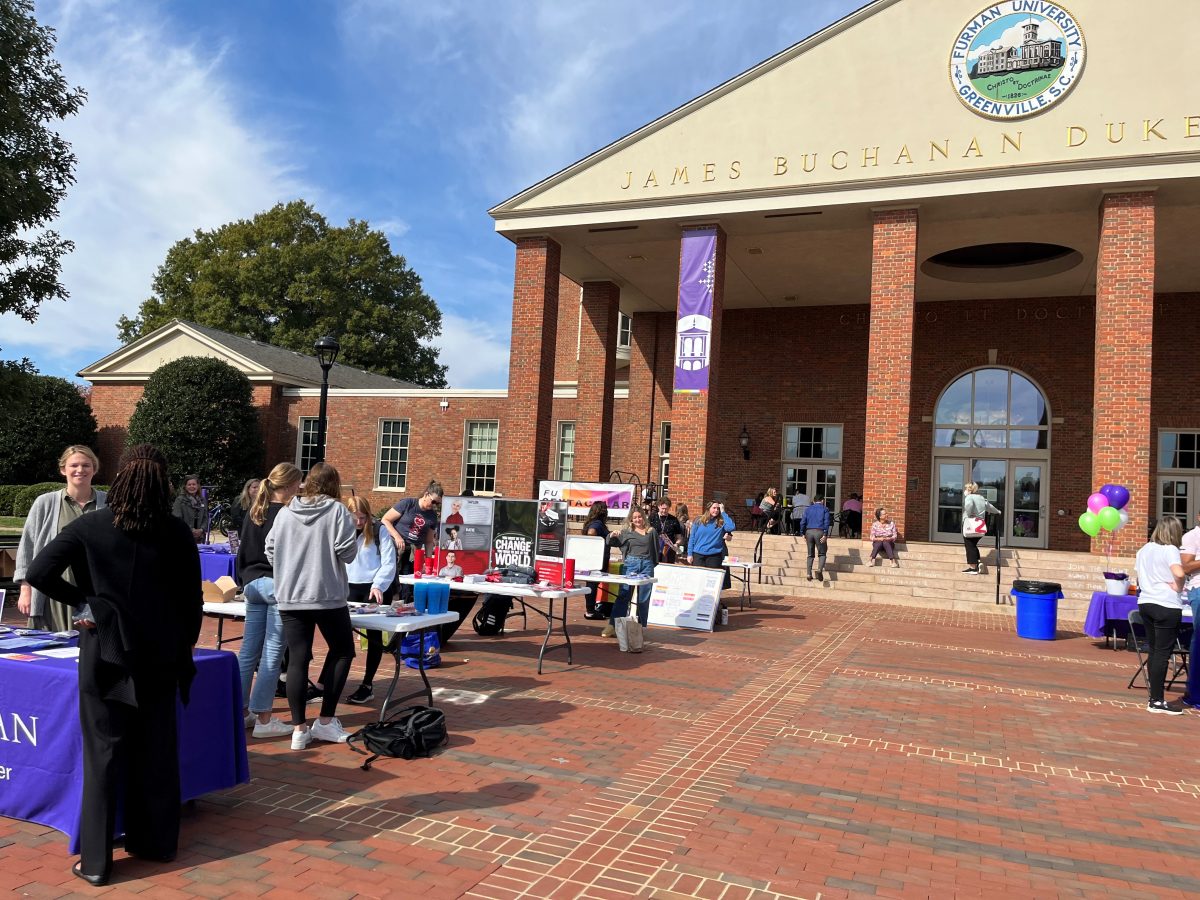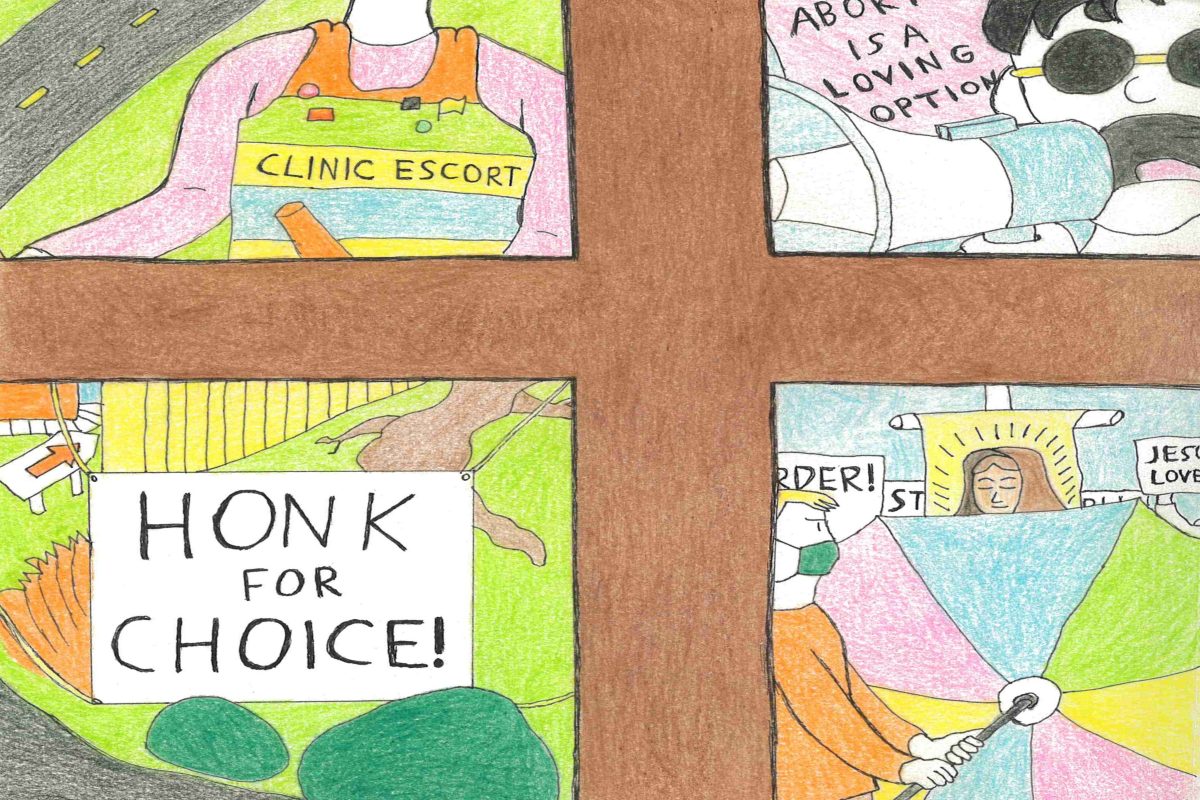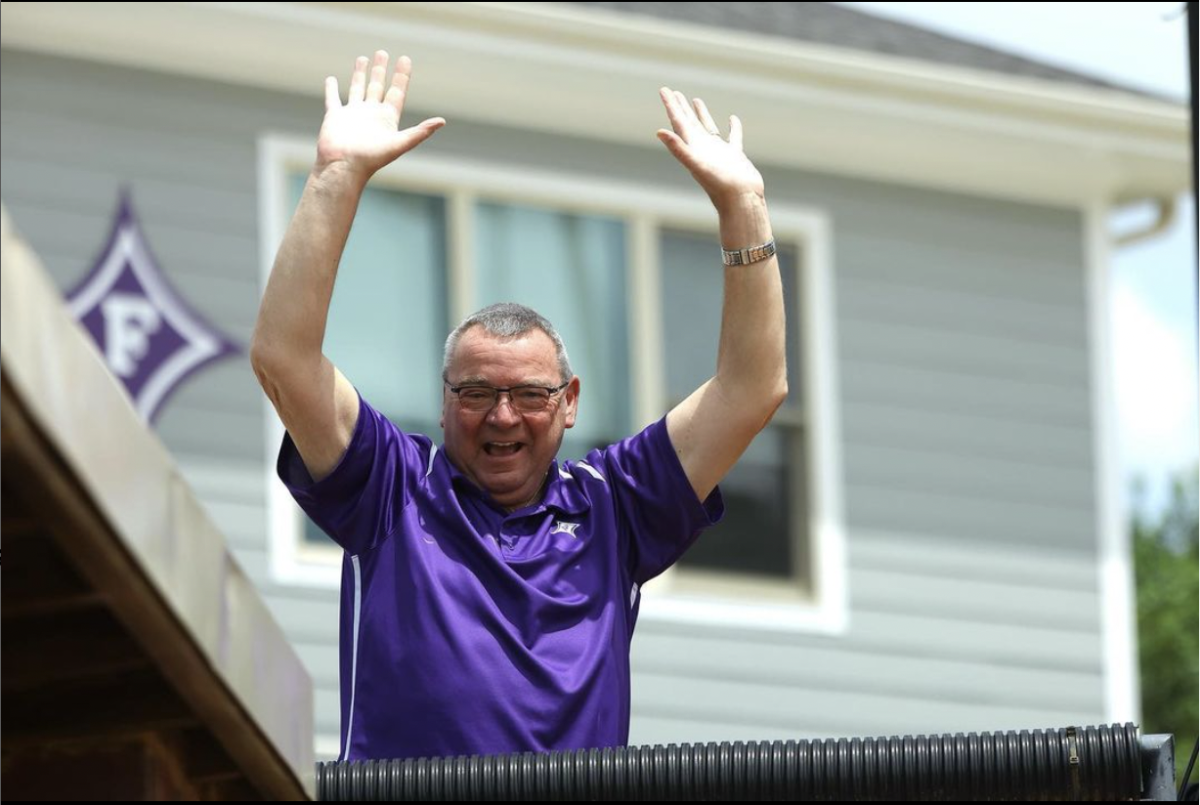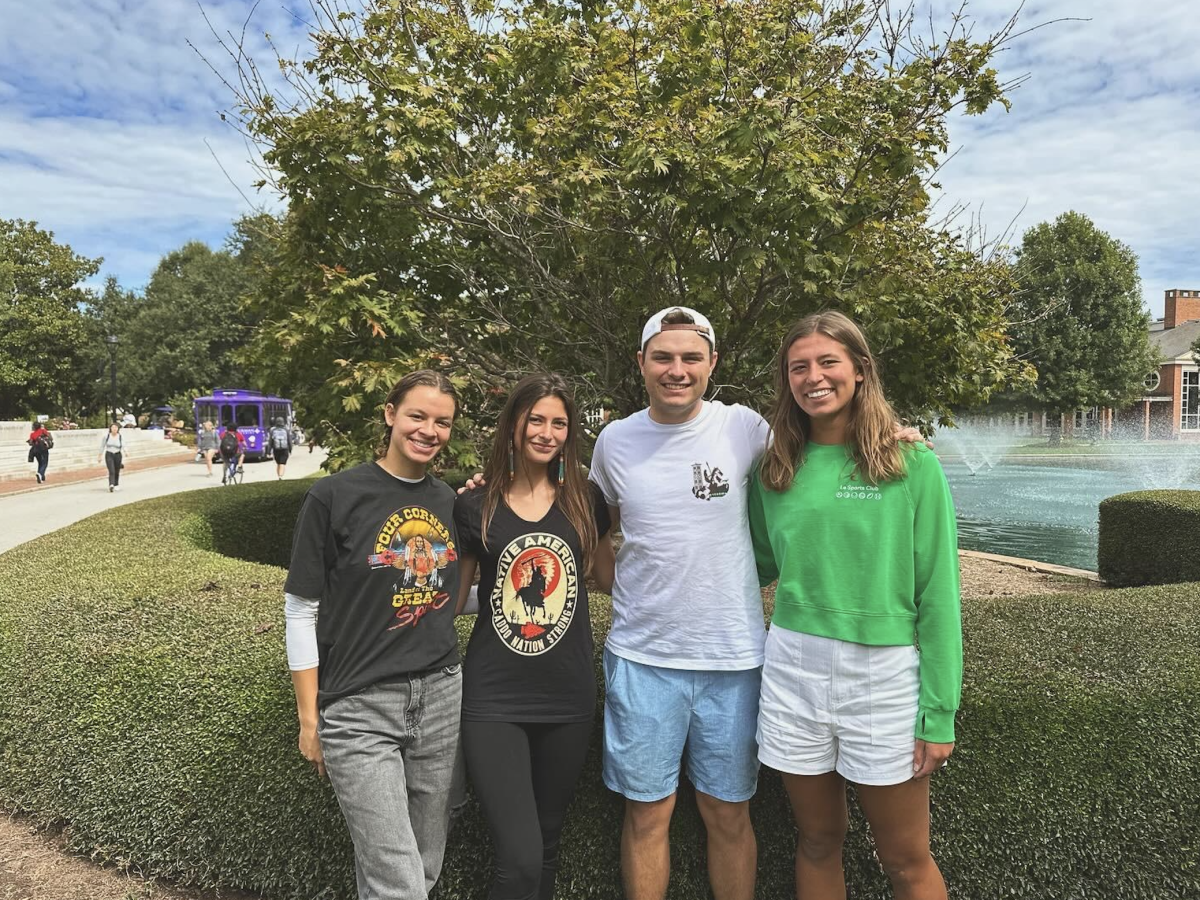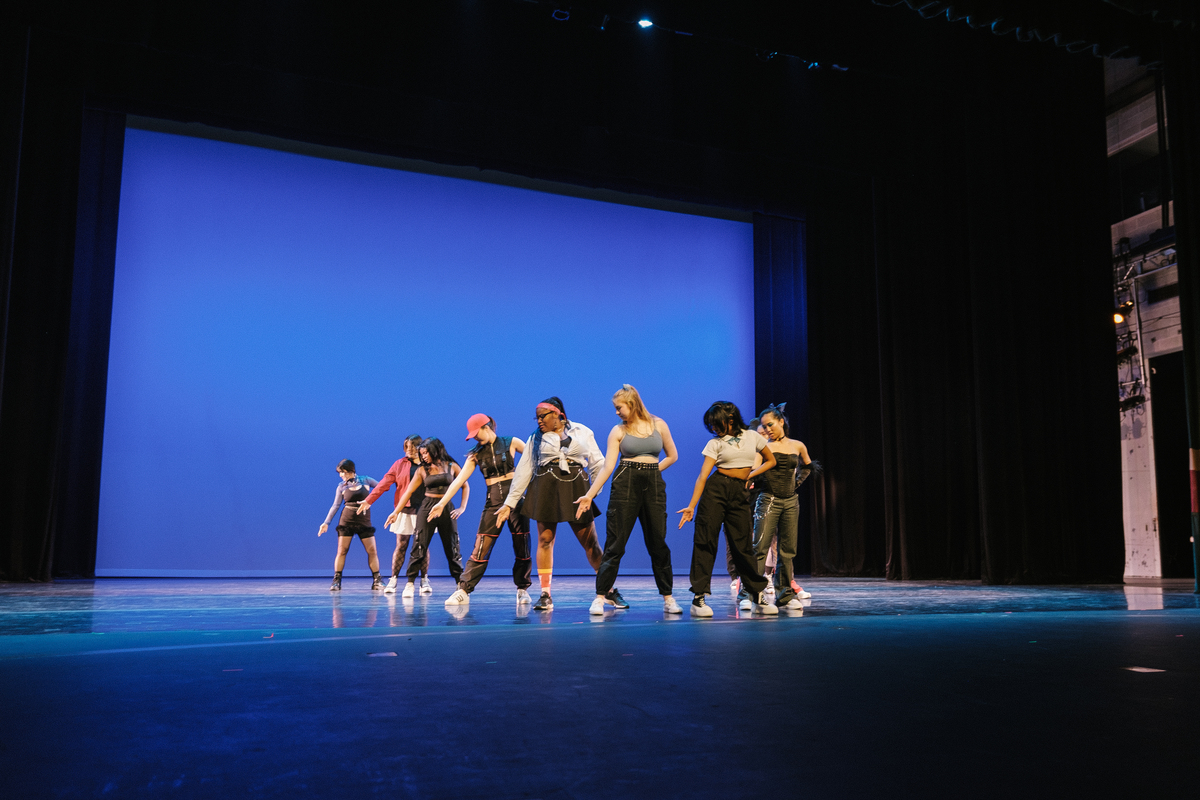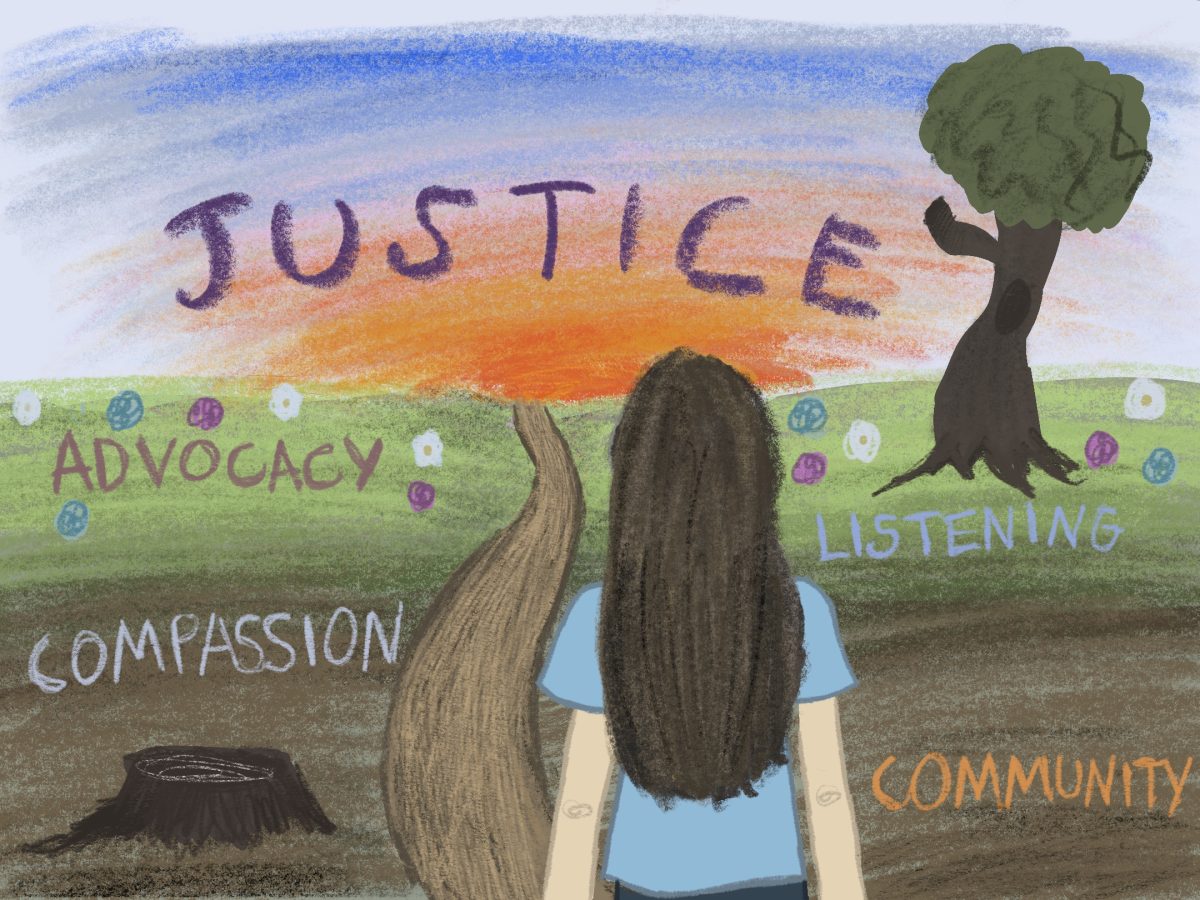You have probably heard about the piece that was written by a Furman student in the National Review regarding the Sextacular event and the accompanying CLP. We are responding to and correcting the numerous mischaracterizations of the events that have spread around campus. The National Review article argues that Sextacular and its accompanying CLP are immoral events indicative of Furman’s fall from grace in secularizing. Many students have only found out about Sextacular through the National Review article, which is troublesome because the ideology present within the piece is damaging to members of Furman’s community and beyond.
Sextacular is not about “pleasure without consequences;” it is about connecting students to resources supporting the health of their bodies. And
some of these resources include information about STI and pregnancy testing — potential consequences to sexual activity. The writers of this article were both present and actively participating in Sextacular and the CLP in one form or another. John tabled for the Title IX Liaisons and SHARP Committee (Sexual Harassment And Rape Prevention). Virginia attended the CLP and is a Sociology major whose prime focus is on sexuality.
Sextacular has been around for longer than any of us students have been at Furman—five years at least. Before Furman created the event, there was a push for more talks about religion and sexuality, and University Chaplain Vaughn CroweTipton did a few talks on Sex and the Bible. Sextacular was born from the request for more of these conversations from the student body. According to Gwen Hirko, the coordinator of the event, the vision for this year’s Sextacular was to create an inclusive, supportive space to learn about sexuality without judgment and expose attendees to resources in the Furman and Greenville community.
The actual Sextacular left a much more positive impression on students than the other article implied. There were 19 organizations present, the vast majority of which provided counseling resources or ways to get connected. Some of the attending organizations included SAFE (Sexuality And Faith Exploration), the Center for Inclusive Communities, the Julie Valentine Center, The Body Project, the Earle Student Health Center, and the Furman Pride Alliance.
These organizations represented various needs in the community, including support for body positivity, sexual assault victims and queer students. Most organizations also offered something physical that attendees could take with them, whether that be condoms or pamphlets about signs of unhealthy relationships. There was a single table with a single organization that provided counseling related to BDSM and sexual exploration, but this was also just one side of the counseling services they provide. Additionally, there were student and community groups representing the LGBTQIA+ community with pins, flags and counseling resources.
The CLP was a natural expansion of the event—of having a conversation around healthy sexuality to spark discussions that would hopefully last beyond the day of the Oct. 25 event. Dr. Justine Fonte, the speaker, was recommended by someone who had previously done CLPs surrounding sexuality through the Office of Spiritual Life. Fonte is a sex educator who works with children in K-12, and while she works with young kids, she does not teach them about sex explicitly. Any implication that a K-12 sex educator would teach sex to children shows a lack of understanding about the nature of the profession.
Fonte’s CLP, “Sex and Shame: Flipping the Script for Boundaries and Pleasure,” was largely not even about sex. Instead, it was about creating healthy boundaries and acknowledging the power dynamics inherent in the things you ask others to do—whether that be asking someone to coffee or into bed. When discussing power dynamics, Fonte also mentioned the societal power dynamics that influence one’s unwillingness to say “no,” including race and gender. Fonte went on at length about how unhealthy boundaries in non-sexual life stem from shame and guilt coming from various places. To have healthy boundaries in bed, one must first create boundaries outside of the bedroom to set oneself up for successful sexual boundaries. A lack of boundaries can be emotionally destructive just on the coffee-and-lunch level, so adding sex to unhealthy boundaries is a recipe for disaster.
Even though Sextacular’s name might imply that it espouses a ‘free love’
mentality, the event does not encourage sexual activity but does encourage conversations surrounding it, as well as provides resources for those who might have sex. And while Spiritual Life was historically a driving influence behind Sextacular—Student Life now has a specific coordinator for the event. A wide range of Furman organizations and community partners come together to make Sextacular a reality through donations of time, items and resources. The Office of Spiritual Life has never received a formal complaint about the event, other than one for its suggestive name (which was resolved once the event’s purpose was clear).
Sex is not evil. It is something that most people will experience over the course of their life. Some people will have premarital sex. It is a fact. Therefore, being aware of resources in the community is useful not just for those individuals but for everyone on campus. While some students may think Sextacular is not for them because they are not having sex, the resources provided are important for everyone. All students are likely to have a close friend who has struggled with their sexuality or gender identity, or has been sexually harassed or assaulted. They may even personally need those resources someday. If a friend comes to you with one of those struggles, it can be hard to know how to help them. That is why it is so vital for students to be aware of the resources available on campus for all types of sexuality and body-related issues. To imply that Sextacular was dirty or wrong for providing these resources just makes it likelier that those resources will be more difficult for people to approach in the future.
While the National Review article’s attitude towards sex is flawed, its criticism of Furman’s support for queer identity also impacted the LGBTQIA+ community on campus. After participating in a dialogue session and following up with members of the community, one thing was clear: students feel hurt, unseen, and fearful. Fearful of other students being emboldened by a shared ideology on a campus where previous bias incidents remain unsolved. Unseen
by a school where underrepresented communities fight for a seat at the table. Hurt by people who think there is something wrong with them for not being cis or straight. Regardless of intent, the article had a negative impact on the queer community. Furman has a robust religious community, with three chaplains, 11 ministers, and 24 religious groups on campus today. Furman has a robust queer community as well, which is growing stronger every day. Both communities are essential to this campus and can see eye to eye.
The National Review article represents a subset of religious ideology which —in supporting purity culture, homophobia and abstinence-only education —serves to make campus feel unsafe and not inclusive. We need the tools and the space to facilitate those conversations. That was the true purpose of Sextacular, and one that has now been obscured with talk of snow cones and flavored dental dams.
Evidently, Sextacular is an incredibly positive event for the Furman community. Furman encourages having difficult conversations in safe ways, and the inter-departmental support for Sextacular reflects this belief. We urge you all to continue these conversations. We certainly will.


























